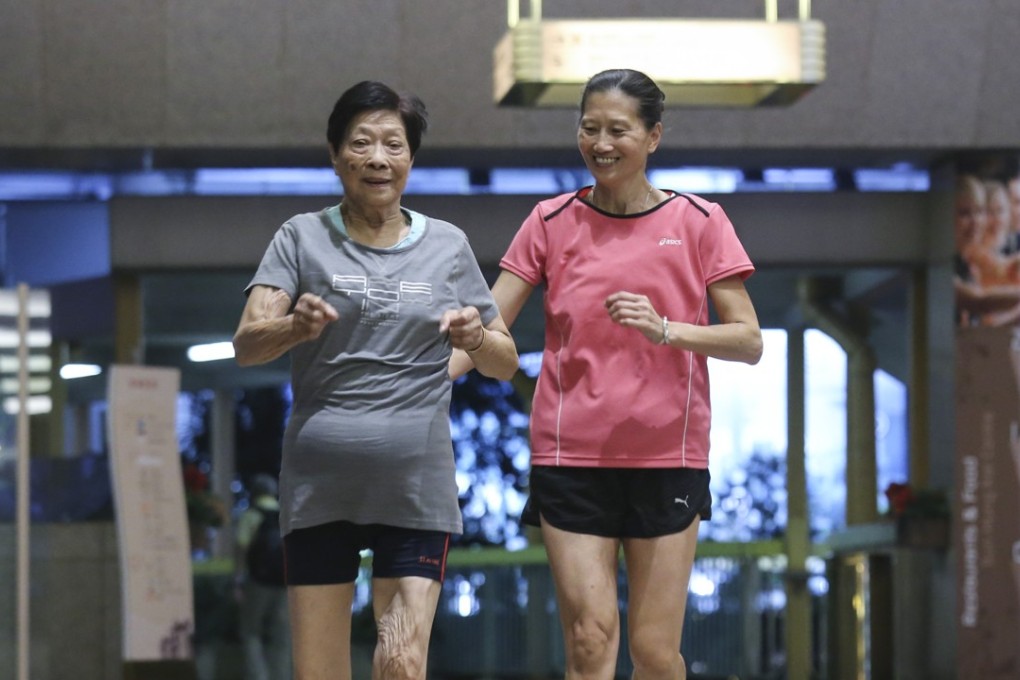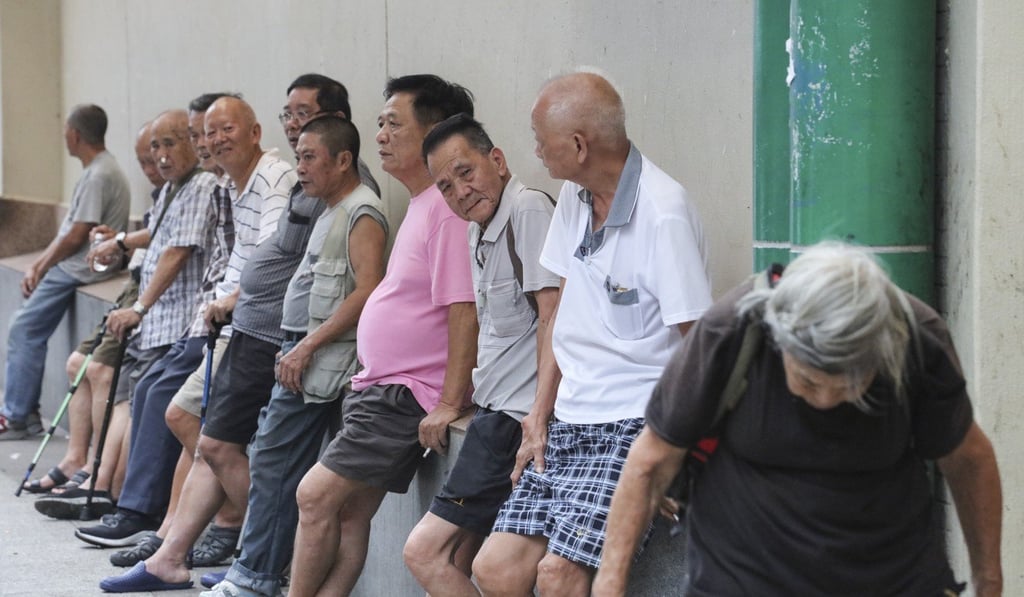Will Hong Kong’s ageing population be financially fit in retirement?
Julio Portalatin says while savings rates are relatively high in the city, and the government is taking steps to help employees, more must be done to avoid a scenario where a large number of elderly can neither contribute to the workforce nor retire comfortably

On a recent trip to meet colleagues and clients in Hong Kong, I was struck by the dynamic society and engaged, ambitious workforce making it one of the world’s most prosperous economies. Will the future of Hong Kong’s retirees shine as brightly?

Hong Kong elderly are badly in need of comprehensive care policy
A little over 20 years from now, there will be one elderly person aged 65 or older for nearly every three people in Hong Kong. That points to a smaller workforce and potential economic slowdown. The cost of living in Hong Kong and its property market inflation have been rising, while health care costs are rising even faster.
